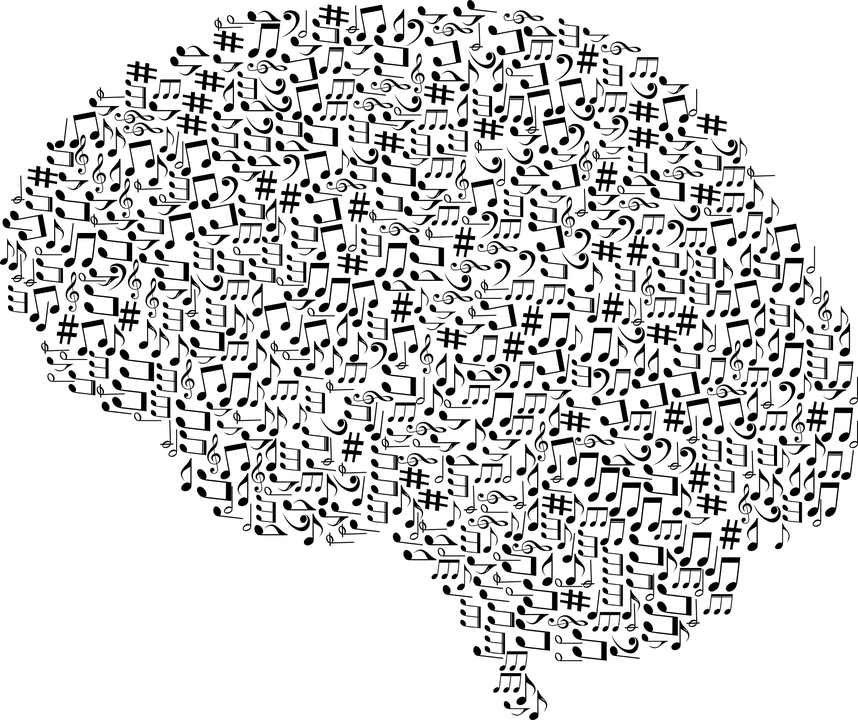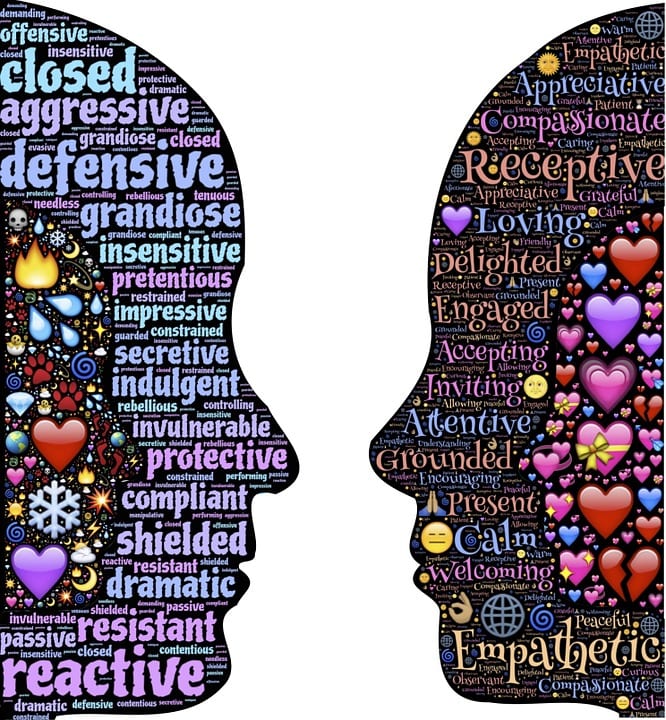Trending Now
Music soothes the savage beast and delights the hearts of men. We have music for just about every possible human experience – from serious ceremonial pieces to good ol’ party jams and everything in between!
It’s fairly common knowledge that music can have profound effects on our feelings. This effect has long been utilized in television and movies to help set the “tone” of a scene.
Music’s ability to color our perceptions so intensely has naturally generated a lot of interest from psychologists. Their research has verified that different types of music really do make us feel different ways. Happy-sounding music tends to improve our mood, intense music can help increase physical effort, soothing music is good for concentration. Given all that, you’d think that listening to sad music would make you even sadder, but anyone who’s been through a bad breakup can attest to the therapeutic value of belting along to some of Adele’s best tearjerkers
Which seems totally counterintuitive…right?

Photo Credit: Wikimedia Commons
Scientists have found that people listen to music in a few very specific ways: Entertainment, Revival, Strong Sensation, Mental Work, Solace, Diversion, and Discharge.
Of those, the last three are of most interest to us in trying to understand why listening to sad music makes us feel better during the bad times.

Photo Credit: Pixabay
People who listen to music as a form of solace try to find music that matches their emotional state so that they can feel like they’re less alone (i.e. “At least someone else has felt this way too”).
Diversion, on the other hand, uses music that’s the opposite of your emotional state to distract you from feeling how you feel, like putting on pop songs when you’re feeling anxious.
Finally, there’s discharge, where the individual uses music that matches their emotional state to try to better express that emotion. For example, maybe you scream your lungs out to some heavy metal after a particularly frustrating day.

Photo Credit: Pixabay
Research revealed that people who use the discharge method (men, specifically) are actually more likely to have higher levels of anxiety and neuroticism than those who practice the other methods. Essentially, using music to try to “vent out” negativity doesn’t actually get rid of those feelings, and might even make them worse! Brain scans revealed that these individuals also had significantly less activity in their medial prefrontal cortex (mPFC) compared to those using other listening methods. That’s important because the mPFC is the area of the brain responsible for emotional regulation.
Even more significantly, music is a fairly accurate predictor of empathy. A team of researchers hypothesized that those who felt the most “moved” by a piece of music would likely be the most empathetic. They first conducted a pilot study to find a piece of instrumental sad music that participants wouldn’t already know and have previous emotional associations with. Additionally, they evaluated each participant’s empathy using the Interpersonal Reactivity Index.

Photo Credit: Pixabay
Finally, participants were instructed to listen to the piece and describe how it made them feel. Although participants described a variety of emotions resulting from the piece, those who felt the most moved by it described a mixture of sad and pleasurable emotions. More significantly, these participants were also the ones who scored higher on empathy. The opposite relation was also true – those who scored lower on empathy were consistently less moved by the music.

Photo Credit: Pixabay
There’s also a powerful biochemical component to why sad music is so appealing when you’re feeling down.
Sadness, even fictional sadness, can trigger the body’s endocrine system to produce hormones like oxytocin and prolactin to soften the mental anguish caused by loss.
These hormones increase feelings of comfort and general, mild pleasure.
If your sad-song session wasn’t motivated by any actual loss, that pleasurable side effect becomes even more potent.

Photo Credit: Wikimedia Commons
Although we can’t be completely certain yet, many scientists hypothesize that the release of these hormones even when the loss/sadness is fictional might be a “reward” for exercising your empathy.
Since sociability is an advantageous evolutionary trait, it would make sense that our brains might try to encourage us to keep developing our ability to empathize with others.

Photo Credit: Pixabay
Ultimately, science seems to agree that listening to sad music actually results in less sadness and more positive emotions.
That’s not to say that you don’t feel sad when you listen to sad songs – but rather, that’s exactly why sad music is so rewarding to listen to in the first place.
Weird, right?






